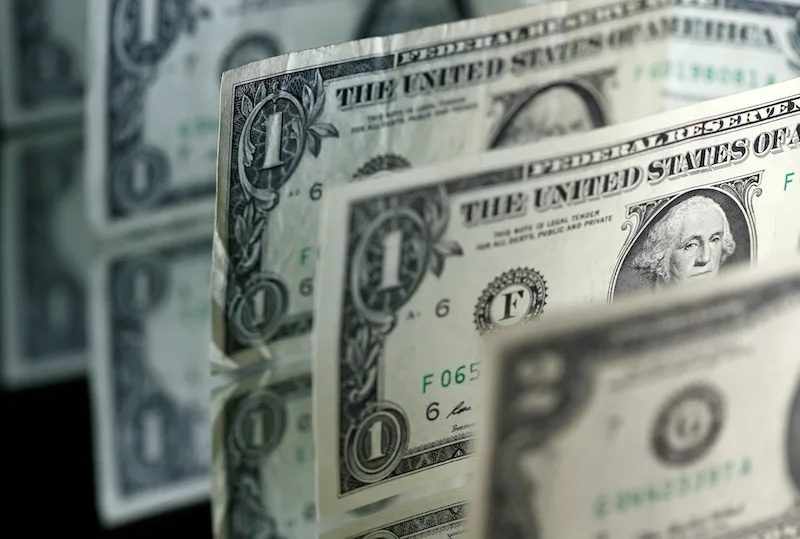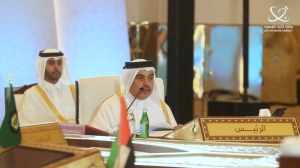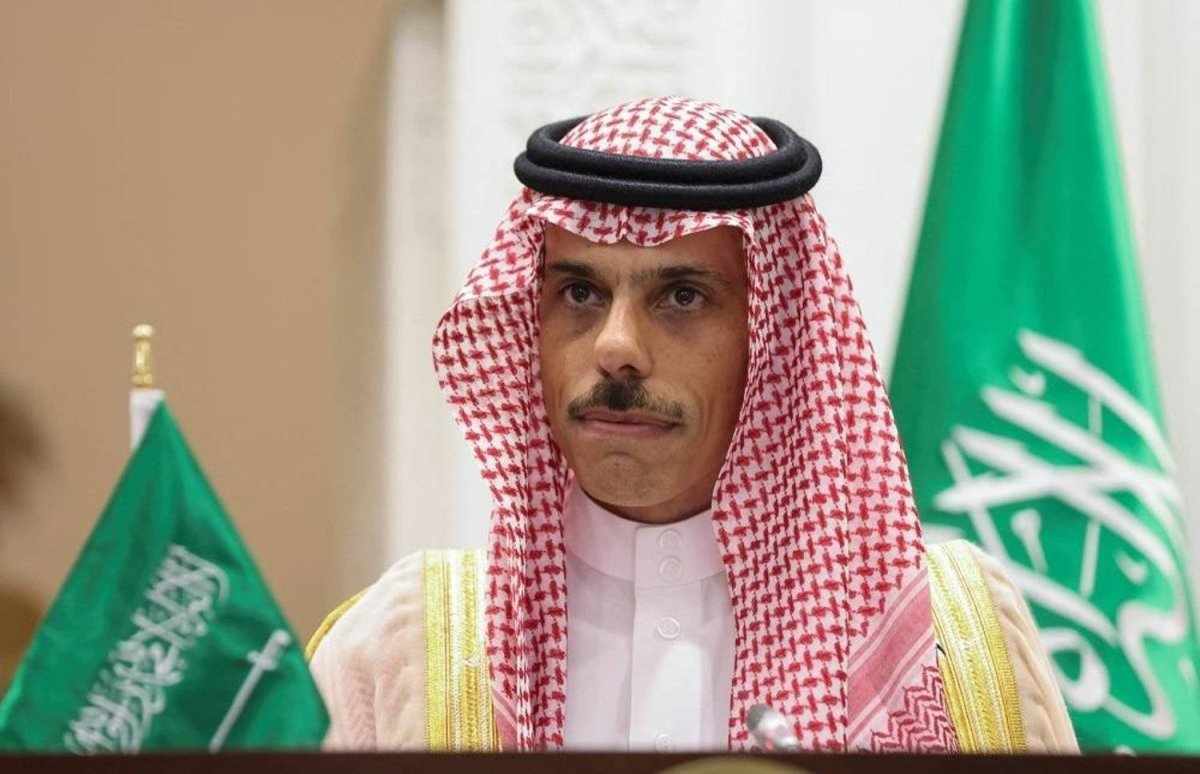Saudi Arabia hedges its bet on China to bring more equity in ties with US
- Date: 13-Dec-2022
- Source: Money Control
- Sector:Financial Markets
- Country:Saudi Arabia
Saudi Arabia hedges its bet on China to bring more equity in ties with US
Chinese President Xi Jinping (left) arrived at Al Yamama Palace in Riyadh and was greeted by Crown Prince Mohammed bin Salman. (Image: AP/File)
As China’s President landed in Riyadh this past week amidst much fanfare, Saudi Arabia announced a
bumper budget surplus
owing to high oil prices, putting the kingdom forward as the fastest-growing G20 economy, and giving a boost to Crown Prince Mohammed bin Salman’s (MBS) grand plans to re-design the
region’s economy
for the future. To achieve this, Saudi Arabia is not only going through an economic renaissance but also a
geopolitical one
as well.
Riyadh’s traditional geopolitical posture has predominantly had a western compass, with close ties between the House of Saud and Washington over decades. Both the internal and external security of Saudi Arabia has been critical for a long time for the United States (US) for its and the West’s energy security. This strategy has had two major parts to it: First, consistent and uninterrupted supply of oil and gas; second, influence over energy pricing, especially with regard to, the Organization of the Petroleum Exporting Countries (OPEC)— the producers’ cartel. The former is now challenged by a climate change-pushed global energy transition towards renewables; however, the latter, remains critical with






















